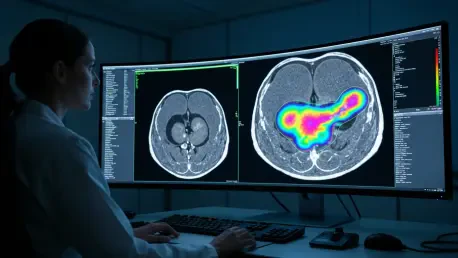
We are joined by Ivan Kairatov, a biopharma expert whose work sits at the cutting edge of technology and clinical innovation. His latest research venture, Observer, is poised to reshape our understanding of healthcare by moving beyond the static, text-based data of electronic health records. The

The ubiquitous glow of a computer screen in the modern exam room has become a double-edged sword, streamlining medical data management while simultaneously erecting a digital barrier between clinicians and the very patients they aim to serve. As healthcare systems grapple with this new dynamic, the

The promise of extending human lifespan has captivated scientists for generations, yet the reality of a longer life often comes with a decline in health that modern medicine struggles to prevent. As lifespans increase globally, the gap between how long people live and how long they stay healthy

The formidable challenge of treating pancreatic cancer has long been defined by a frustrating cycle of trial and error, where potent chemotherapies are administered with profoundly unpredictable results for individual patients. This clinical uncertainty is a heavy burden in the fight against a

The intricate and often silent battle for adequate nutrition within the intensive care unit is increasingly being supported by advanced artificial intelligence, promising a future where personalized care is not just an ideal but a data-driven reality. The application of AI represents a significant

A pioneering development in geriatric medicine from the University of Arizona's Gutruf Lab has unveiled an advanced wearable device that employs artificial intelligence to proactively identify the earliest indicators of frailty in older adults. This groundbreaking technology represents a